Confessions of a Qtip User
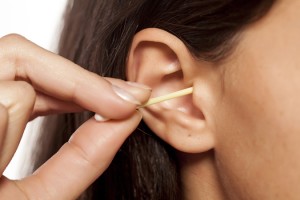
We recently received a referral regarding a patient who was experiencing distress over a ringing sound in his ears. We saw him on an urgent basis at our centre as he was scheduled to fly out the next morning on a business trip. The patient was in his early 40s and came into our office with his wife who took me aside to share her concern over how desperate he had become over the past week. I took the patient into my examination room and learned that the situation started after cleaning his ears with a Q-tip cotton swab one day. At first he noticed that he couldn’t hear well and shortly afterwards he began to hear a ringing sound in his ears. He was worried and had gone to see a doctor who informed him that his ears were plugged with earwax. The doctor attempted to flush the earwax out of his ear canals but was unsuccessful. He recommended that he use drops of oil to soften the earwax. The ringing became louder with each passing day and began affecting his ability to sleep. In desperation he decided to try ear candling, again to no avail. He told me that he was seriously considering flying out to Ottawa to meet a cousin who knew someone who may be able to help.
I looked in his ears with my otoscope and confirmed that his ears were still occluded with wax and explained that the ringing he was hearing was a common side effect in people with ears plugged up with earwax. I reassured him that it would stop once the earwax was removed. I informed him that the earwax looked soft and that I would attempt to remove it using curettes (loop instruments). As soon as I removed a piece of the wax he exclaimed “I can hear!” followed by “but everything sounds so loud”. I explained that the hearing sensitivity to sounds was only temporary and I continued to remove the wax from both ears.
He and his wife were elated that the tinnitus was gone. I counselled them on proper earwax management. I have seen all kinds of objects being used to remove earwax from ear canals like cotton swabs, hair pins, pencils and ear candling. Not only were these methods potentially dangerous and ineffective, they were unnecessary. I explained that the ear canal was a self-cleaning system. The eardrum sheds and earwax naturally migrates out of the ear with it. Our body produces earwax for a reason. Earwax not only protects the ear drum from foreign objects, it also lubricates the ear canal. If you don’t have enough earwax your ears will itch and scratching the inside can lead to abrasions and potentially a very painful outer ear infection. There are some people who need to have their ear canals professionally cleaned due to their small size or bendy canals but the same no cotton swab rule applies. I followed up with the patient a month after the earwax removal and he stated that he was doing well and avoids using cotton swabs to clean his ear canals. He simply wipes what is visible on the outside of the ear canal with a towel. He said he’ll never forget my saying, “Nothing bigger than an elbow” to clean the ears.
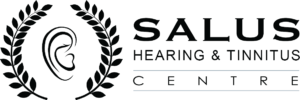
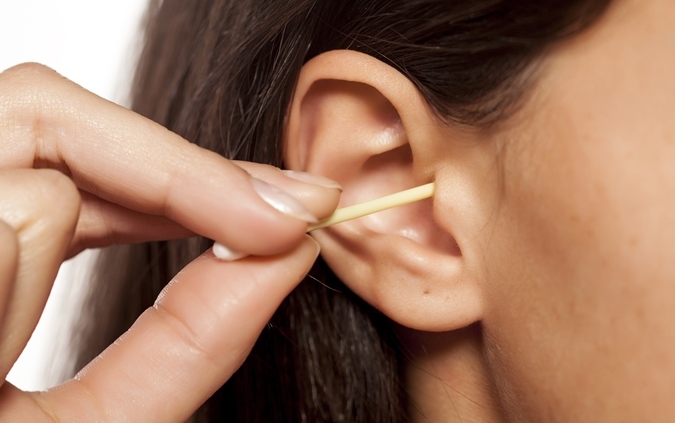

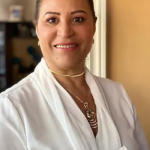
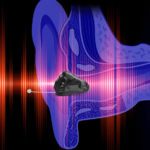
Leave a Reply
Want to join the discussion?Feel free to contribute!